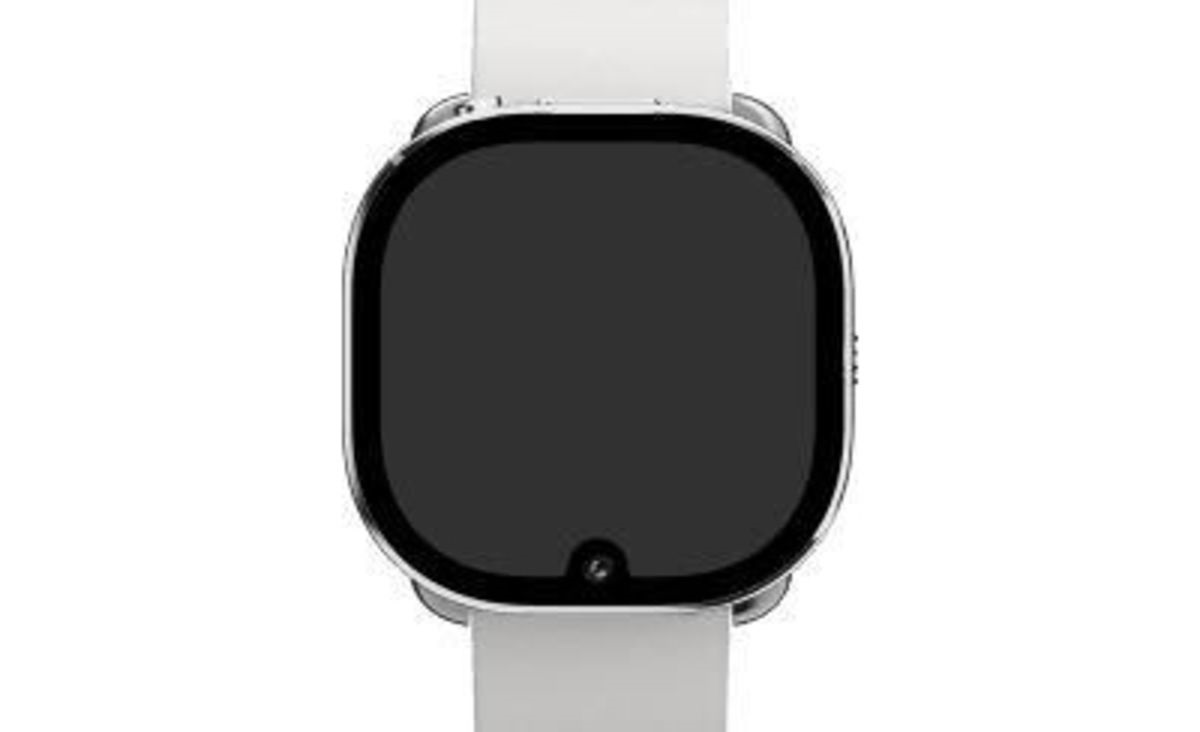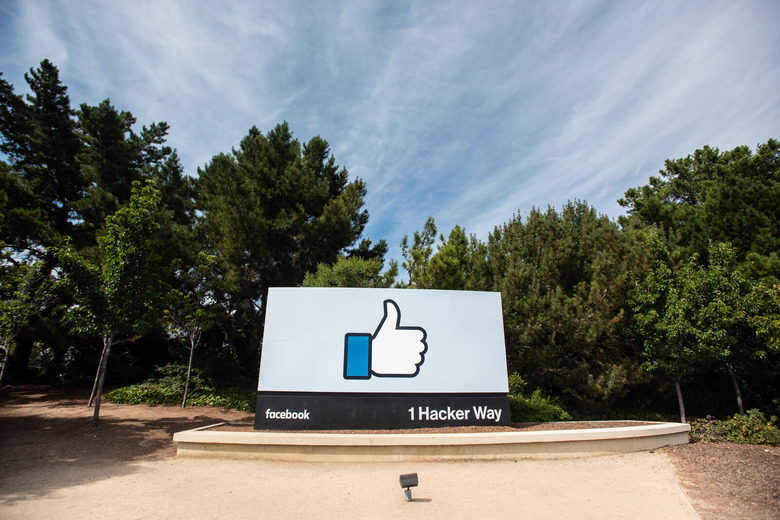Facebook Is Killing Its Controversial Face Recognition System
Facebook renamed itself Meta, but that's not enough to wipe all of its problems away. Mark Zuckerberg and his team have a long journey ahead to win back the trust of consumers. And that won't happen without meaningful change. But Facebook seems ready to right some wrongs of the past. It all starts with removing face recognition support from the Facebook app.
Facebook's controversial face recognition is going away
Facebook saw plenty of criticism in the past for the face recognition program it employed in its app. The company has used the technology for more than ten years. But in 2019, Facebook finally started asking users if they wanted to allow the app to use face recognition technology on their photos.
Facebook devised the feature to allow people to tag friends more easily in photos. And users could opt out of using the feature in the past. However, Facebook's face recognition system has seen plenty of pushback from regulators and consumers.
Facebook announced in a blog post that it would retire the Face Recognition system on Facebook. If you've opted-in, you'll no longer be able to tag friends in photos automatically.
Facebook also said that the change would impact the Automatic Alt Text (AAT) feature that creates image descriptions for blind and visually-impaired people. AAT uses face recognition to list the names of people in a photo with face recognition enabled. Going forward, ATT will only tell users how many people are in a picture. Facebook also said it will delete more than a billion people's individual facial recognition templates from its servers.
Why is Facebook doing this?
Facebook said in the announcement that making the change "required careful consideration," as the feature powers some of the smart features in its app. But Facebook is also listening to the "many concerns about the place of facial recognition technology in society, and regulators are still in the process of providing a clear set of rules governing its use. Amid this ongoing uncertainty, we believe that limiting the use of facial recognition to a narrow set of use cases is appropriate."
One might speculate that the "regulator" part is a big clue why Facebook is pulling back its face recognition tech. Regulators are looking at plenty of other Facebook controversies. Scaling back the controversial face recognition tech is a smart choice. Facebook is going to win some goodwill, despite losing access to face recognition data.
Interestingly, Facebook said that "more than a third of Facebook's daily active users" opted to use the feature. That means many people have already opted out of the feature.
One other thing to consider is that the company had more than a decade of face recognition data to train its algorithm. That's still a massive win. Those algorithms aren't going away and might be employed in other areas in the future.

The leaked Meta watch features a camera notch.
Face recognition still has a place in Facebook's future
Facebook also explained in its blog post that face recognition is still a "powerful tool" for things like verifying one's identity to prevent fraud and impersonation. "We believe facial recognition can help for products like these with privacy, transparency, and control in place, so you decide if and how your face is used," Facebook said. "We will continue working on these technologies and engaging outside experts."
Facebook said it will continue working on some face recognition use cases, like "services that help people gain access to a locked account, verify their identity in financial products or unlock a personal device." But it plans to ensure that people have "transparency and control over whether they are automatically recognized.
Facebook did not provide specific examples of where it will use face recognition tech in its products. But the company will build plenty of hardware under Meta, which might involve face recognition features. Portal and Oculus devices have cameras. And the Meta Watch will have a camera of its own.
The blog post hinted that it's on personal devices where the technology might work best. "Facial recognition can be particularly valuable when the technology operates privately on a person's own devices, "Facebook said. "This method of on-device facial recognition, requiring no communication of face data with an external server, is most commonly deployed today in the systems used to unlock smartphones." Facebook didn't name Apple, but that's the only company taking advantage of face recognition on iPhone and iPad in the way described above.
